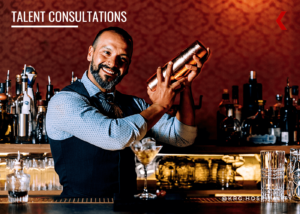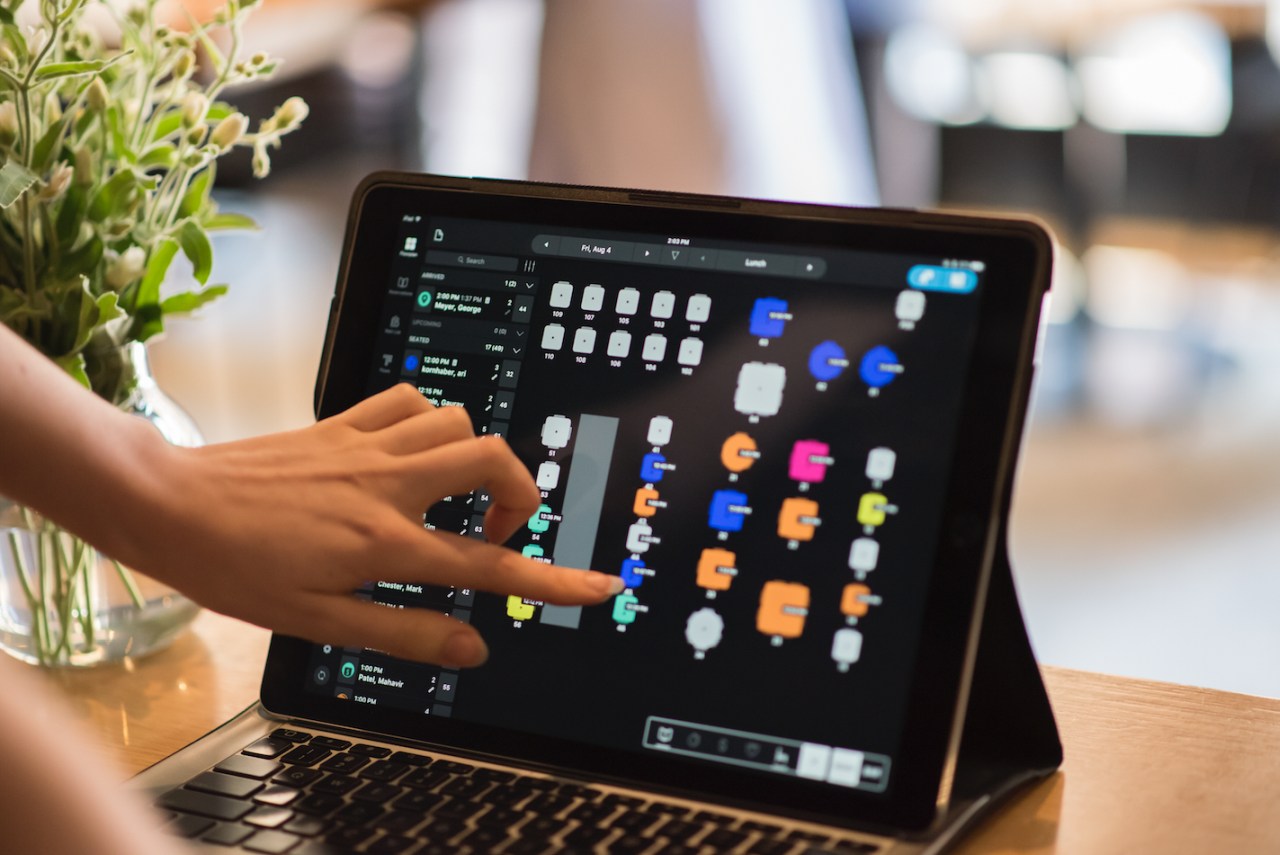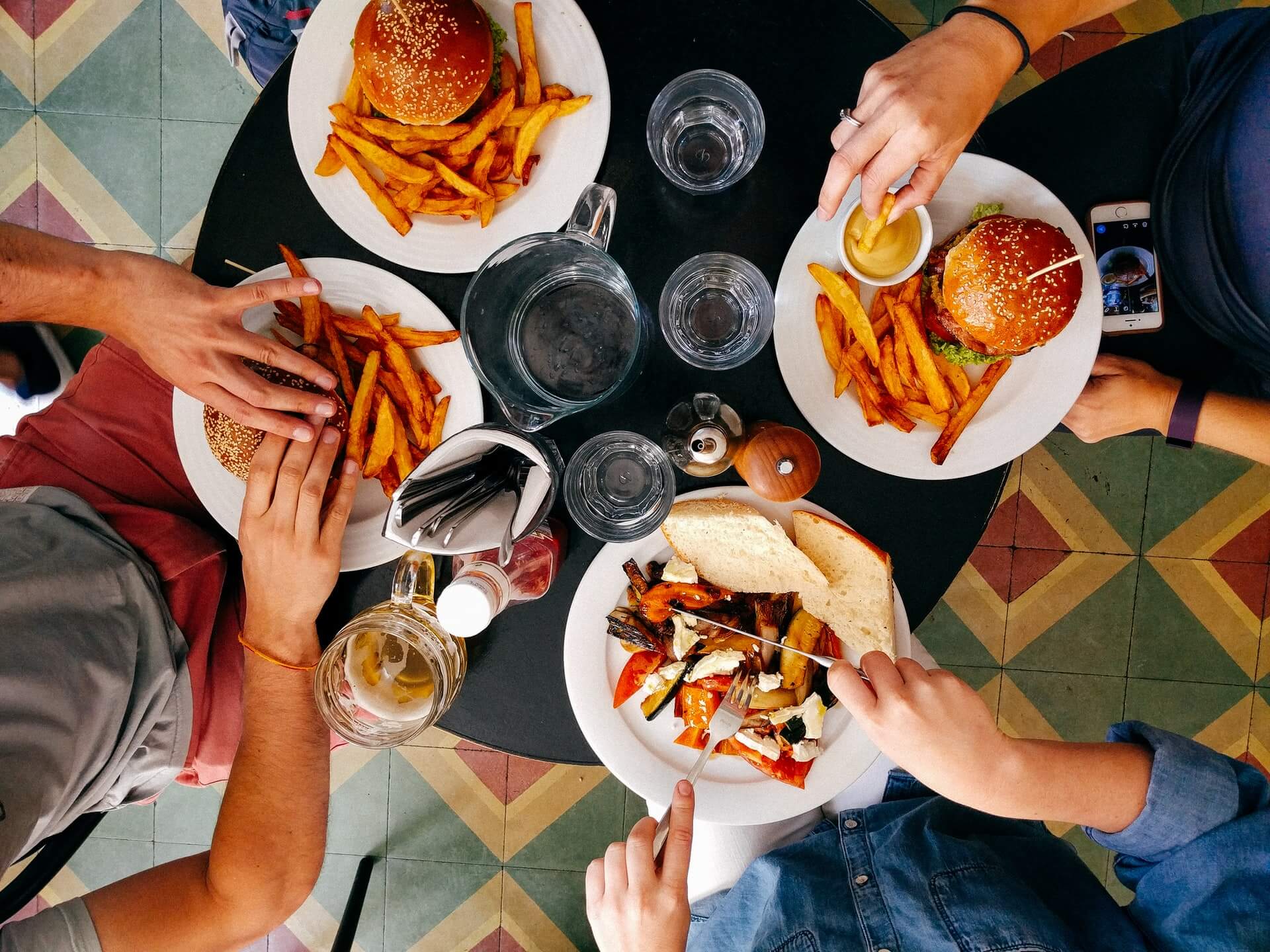US Restaurant Employment Creeping Toward February 2020 Levels
by David Klemt

Keep pushing. We have work to do to reach February 2020 employment levels.
After what appeared to be a strong September 2023, restaurants and bars saw a decline of 7,500 jobs in the month of October.
In fact, the strong numbers from September were notably weaker once revised. After revisions, eating and drinking businesses added 48,300 jobs, not the nearly 61,000 from preliminary reports.
Importantly, a correction in employment numbers for August 2023 has revealed further declines. Initially, reports stated that restaurants had added 14,400 jobs. Unfortunately, the corrected number showed that restaurants shed 9,300 positions.
However, context is important. Notably, the unemployment rate in the US has remained under four percent for nearly 24 months. As of the latest reporting by the US Bureau of Labor Statistics, unemployment is at 3.9 percent.
Numbers by Restaurant Category
The data in this subsection comes from the National Restaurant Association. As the NRA notes, this information is based on data from September 2023.
These numbers should provide further context for restaurant and bar’s current situation. Some restaurant categories are struggling more than others to reach or surpass pre-pandemic levels of employment.
Below, employments numbers for September 2023 in comparison to February 2020.
- Full-service: -214,000 jobs
- Quick-service and Fast Casual: +128,000 jobs
- Bars and Taverns: +50,000 jobs
- Cafeterias and Buffets: -36,600 jobs
- Catering and Mobile Food Service: +14,900
- Snack and Non-alcohol Beverage Bars: +107,000 jobs
- Foodservice Contractors: +15,100 jobs
As you can see, full-service restaurants are struggling the most to reach pre-pandemic employment numbers. However, QSRs and bars have surpassed that milestone.
By the Numbers
Below, the change in employment in each state and Washington, DC. The time period the data span runs from September 2019 to September 2023*.
- Alabama: -5,700 (-3.4%)
- Alaska: +100 (+0.4%)
- Arizona: +18,200 (+7.6%)
- Arkansas: +7,900 (+8.1%)
- California: +32,700 (+2.2%)
- Colorado: +9,100 (+3.8%)
- Connecticut: -1,200 (-1.0%)
- Delaware: +2,500 (+6.4%)
- District of Columbia: -2,500 (-4.5%)
- Florida: +35,200 (+4.4%)
- Georgia: +21,800 (+5.5%)
- Hawaii: -4,900 (-6.9%)
- Idaho: +7,000 (+11.5%)
- Illinois: -11,000 (-2.3%)
- Indiana: +7,900 (+3.2%)
- Iowa: -200 (-0.2%)
- Kansas: +4,800 (+4.7%)
- Kentucky: -400 (-0.2%)
- Louisiana: -9,000 (-5.2%)
- Maine: -4,000 (-7.9%)
- Maryland: -16,700 (-8.0%)
- Massachusetts: -15,600 (-5.6%)
- Michigan: -21,400 (-6.3%)
- Minnesota: -9,000 (-5.2%)
- Mississippi: -1,700 (-1.7%)
- Missouri: -3,500 (-1.5%)
- Montana: +4,500 (+10.7%)
- Nebraska: +600 (+0.8%)
- Nevada: +22,300 (+16.7%)
- New Hampshire: -1,500 (-2.9%)
- New Jersey: +7,400 (+2.7%)
- New Mexico: +3,100 (+4.2%)
- New York: -10,000 (-1.4%)
- North Carolina: +12,900 (+3.3%)
- North Dakota: -100 (-0.3%)
- Ohio: -6,300 (-1.4%)
- Oklahoma: +3,600 (+2.5%)
- Oregon: -2,000 (-1.2%)
- Pennsylvania: -5,600 (-1.3%)
- Rhode Island: -2,000 (-4.3%)
- South Carolina: +1,000 (+0.5%)
- South Dakota: +3,100 (+9.4%)
- Tennessee: +8,000 (+3.0%)
- Texas: +74,200 (+6.6%)
- Utah: +12,900 (+12.0%)
- Vermont: -1,000 (-4.7%)
- Virginia: -100 (-0.0%)
- Washington: +3,900 (+1.5%)
- West Virginia: -2,600 (-4.6%)
- Wisconsin: -8,100 (-3.8%)
- Wyoming: -100 (-0.5%)
Ups and Downs
First, the less-positive news: restaurant employment is below pre-pandemic levels in more than half of the country. Including Washington, DC, 27 states are still lagging behind September 2019.
However, in some cases the change is negligible.
For example, Wyoming is down just 0.5 percent, and Virginia is down just 100 jobs or 0.00033 percent. Of the 27 states seeing declines, 20 are down less than five percent in comparison to September 2019.
Of course, it’s important to note that Hawaii, Michigan, and Massachusetts are down more than five percent.
So, to the good news. Two dozen states are enjoying restaurant and bar employment above September 2019 levels.
Four states are up more than ten percent. Nevada is leading the way, up 16.7 percent. Next is Utah, up 12 percent. Following in third is Idaho, up 11.5 percent.
Takeaways
Restaurant employment’s pre-pandemic peak was in February 2020. As of the most-current data, we’re down 14,000 jobs.
According to the most recent data, restaurants and bars employ 12.32 million people in the US. While we have yet to reach the 12.34 million that were employed in February 2020, we’re not far off. We still have reason to be positive about recovery.
The larger threat looming over operators is rising costs. Additionally, depending on the source, a recession is either a possible or current threat.
Of course, there’s still increasing demand from consumers to gather at restaurants and bars. So, again, there’s reason to remain positive.
This is all to say that numbers without deeper understanding and nuance only provide surface context. They can make us panic or breathe a sigh of relief, seemingly at the drop of a hat. We can either worry that we haven’t reached the pre-pandemic milestone, be positive that we’ll reach that number in the near future, or decide that perhaps that metric shouldn’t be the primary one by which we measure recovery.
In short, operators positioning themselves for long-term success understand their market, their teams, and their guests; focus on staff and guest retention; develop community engagement and support; and have strategic clarity.
*Sources: US Bureau of Labor Statistics, National Restaurant Association
Image: Tim Mossholder on Unsplash











